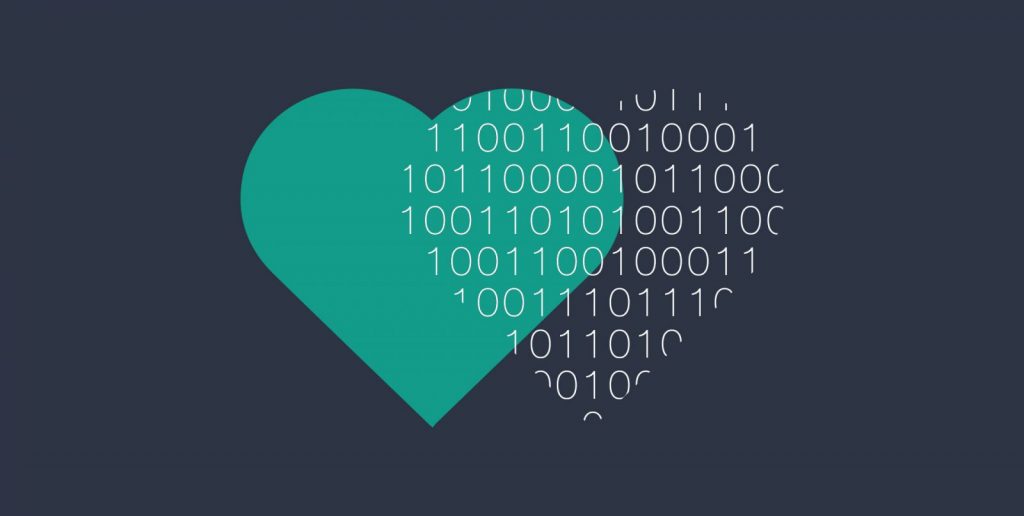The hard fate of a female AI
It’s not easy to be Alexa. On the occasion of International Women’s Day, we would like to talk about Alexa and how you deal with gender equality and womanhood.
Alexa is always ready to answer all of your questions. Amazon uses a huge network for this, which provides you with answers to your questions and solutions to your problems. But there is so much more to Alexa than just the intelligence and technology that make her a useful AI assistant.
A total of around 10,000 people work on Alexa at Amazon.
A part of course focuses on the technical aspects of Alexa. For example, one of the teams only takes care of machine learning and annotates data to improve the statistical models of the AI - so they help Alexa get better and better over time. There is also a dedicated team for Alexa’s question-and-answer function.
“We have a team that constantly supplies the knowledge database with new questions and answers, thereby expanding the so-called knowledge graph.”, says Steve Rabuchin, vice president of Amazon Alexa. “There are a lot of people involved in this task. We want to be able to answer every question Alexa is asked, and we’ve made a lot of improvements in that regard. Thousands of people make it smarter every day. “
In addition to the technical aspects of Alexa, there is a team that is exclusively dedicated to your personality.
This personality team is extremely diverse and the team members come from a wide variety of areas such as entertainment, journalism and music. Together they are responsible for designing Alexa’s conversation interactions.
You determine what personality Alexa has.
In contrast to the more gender-neutral Google Assistant, Alexa is female and has female traits. With the AI’s gender playing a key role, the team needs to investigate how these character traits affect Alexa’s responses.
In a conversation with Refinery29 Heather Zorn, the engagement team leader at Amazon Alexa, revealed that working on Alexa’s personality is far more detailed than most people think. For example, many personality team members refer to Alexa as “she” rather than “it”. The team is convinced that it is impossible for a technology that is able to speak to be an “it”.
When asked how Alexa should respond to a pizza order, it is relatively easy to find an answer. But how should she respond to insults or inappropriate sexual remarks?
Unfortunately, there are some things that cannot be avoided in fun ways. In the case of verbal abuse, the answer is relatively clear. But what about remarks whose meaning is not so clear? Because AI is still not able to recognize context and tone of voice.
For example, if a seven-year-old told Alexa that she was pretty, most people would think that’s pretty cute. But if a grown man made that remark, possibly in an uncomfortable tone, the opinion would most likely be different. Ultimately, the team decided that Alexa would take the statement “You are pretty!” As a compliment and answer with “Thank you!”.
If artificial intelligence is to talk to us in our own four walls, the people behind that technology have to decide what happens when the AI gets a tough question. For example, what would Alexa say to a woman who told her that she was sexually abused?
In this case, Amazon asked crisis advisors. Alexa’s response is a mixture of compassion (“I’m sorry this happened to you”) and help (she will give you a help line number).
It is not easy to worry about what kind of woman Alexa is and how she should deal with questions that we as humans use to define the limits of the moral. The focus of the #MeToo movement, for example, is taking stock and defining how our society is positioned on certain problems. How Alexa feels about the #MeToo movement is not yet entirely clear; but there is a team trying to find an answer to this question.
At this point we need to think about how we can teach artificial intelligence to empathize.
Artificial intelligences learn what we teach them and show them – for example, data and decision-making processes that we make available to them. Before we ask ourselves whether or not machines will ever be capable of real empathy, let me say one thing:
Believing that artificial intelligence will be just like humans is the wrong grail of the AI industry.
So maybe it’s not about making Alexa a feminist for the masses – but rather a companion who enables us to achieve more than we could do on our own.
Perhaps now is a good time to remind you that these hopeful prospects for future human-machine relationships are being funded by the online shopping group Amazon.
But on International Women’s Day, I want to raise my glass and toast Alexa, who takes stock of what an appropriate response will look like in the aftermath of #MeToo. As a woman, she’s probably stronger than me because she tackles problems that help us see our society more clearly.




